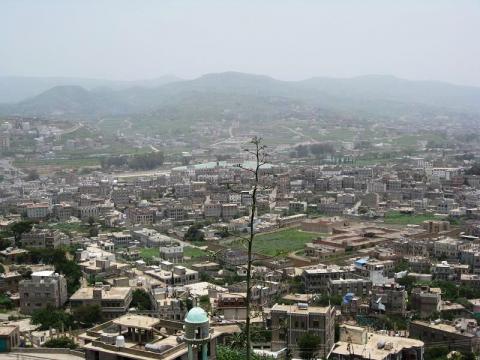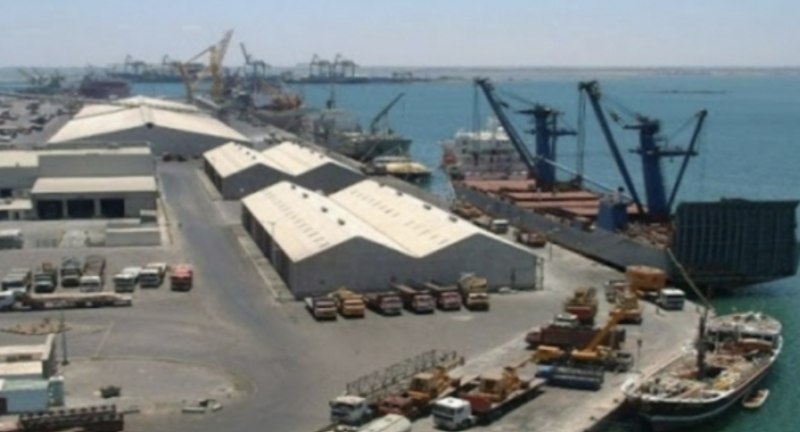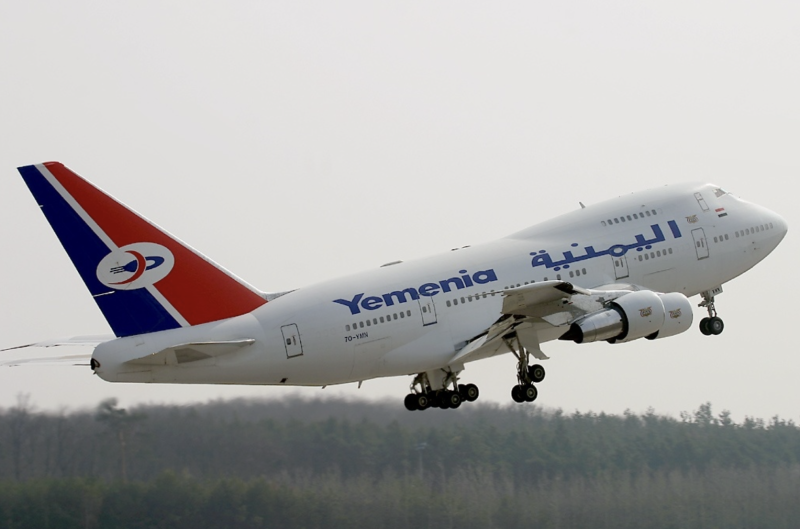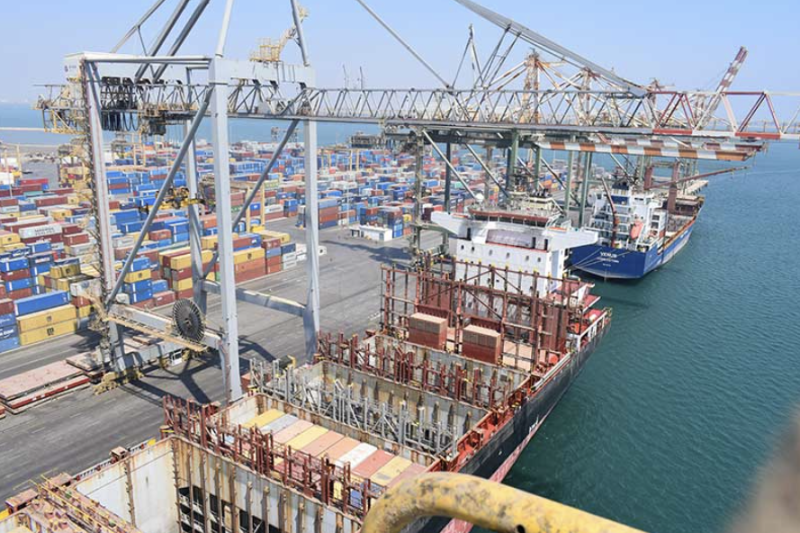Human rights seminar criticises violations by Houthi group in Yemen


A seminar in Geneva organised by the Development and Human Rights Information and Training Centre has criticised what it described as widespread violations against human rights by Houthi militias against Yemeni citizens.
Speaking at the seminar, journalist Magdy Helmy, a member of the centre's advisory board, said that what is happening in Yemen is punishable under international law, and asserting that the coup by the Houthi group has led to a vast deterioration in economic and social rights in the country.
Helmy said that epidemics that had been eradicated worldwide have reappeared in Yemen, including typhoid, cholera and dengue.
"These diseases led to the deaths of more than 6,000 Yemenis during the past year," Helmy said, adding that the Houthis have transformed schools into weapons warehouses and militia outposts.
"We are here at the UNHCR headquarters to affirm that the Houthi coup... has led to the mobilization of neighbouring countries, particularly since the group is funded by Iran, which has obvious ambitions in the region," Helmy added.
The participants in the seminar also criticised what they saw as bias from the international community regarding Yemen.
Said Abdulhafiz, the head of human rights committee in the Free Egyptians Party, criticised the international community's silence on violations by the armed wings of the Houthi group in Yemen and the Muslim Brotherhood group in Egypt, despite their clear threat to international peace and security.
Abdel-hafiz called on the United Nations to address the "politicised" reports by some consultative organisations that provide cover for terrorist groups through unprofessional reports.
Atef El-Saadawy, editor-in-chief of Democracy magazine, criticised the current Western discourse regarding human rights around the world, saying that it has been highly politicised.
"This is reflected in the reports of human rights organisations that rarely mention the rights of victims of terrorist crimes, while overwhelmingly focusing on the rights of the perpetrators of terrorism to a fair trial," El-Saadawy added.
The Iran-backed Houthi rebels have inducted 18,000 child soldiers in the ranks of their militia since the beginning of the war in Yemen in 2014, a senior Houthi military official told AP last December on condition of anonymity due to the sensitivity of the information.
This new figure is higher than any number previously reported. A report released in August by a UN panel said that about 1,814 child soldiers identified in 2017 were deployed by Houthi rebels and their allies, but experts said the estimate was likely low, because many families would not address the issue out of fear of reprisals from the militiamen.
More than 6,000 children have died or been maimed in Yemen since the beginning of the war, UNICEF reported in October. However, the UN agency has not been able to determine how many of these minors were combatants and the Houthi-run defence ministry has not released records of casualties.
In early November, Geert Cappelaere, the regional director for UNICEF, said that Yemen was a “living hell” for children. In addition to creating shortages of food and clean water, fighting has caused the breakdown of Yemen’s medical system, including immunisations, leading to fatal outbreaks of measles and diphtheria.
According to the UN, half of Yemeni children under five are chronically malnourished. It says 400,000 children are so malnourished that they will likely die without intervention.
AFP.

Aden — The internationally recognized government of Yemen has announced the signing of a major agreement to rehabilitate and relaunch operati…

Aden -- Yemen Airways has announced the cancellation of the mandatory round-trip ticket requirement for passengers traveling from Yemen to Saudi Ar…

Aden — Ports under the authority of Yemen’s internationally recognized government have received more than two million metric tons of fu…